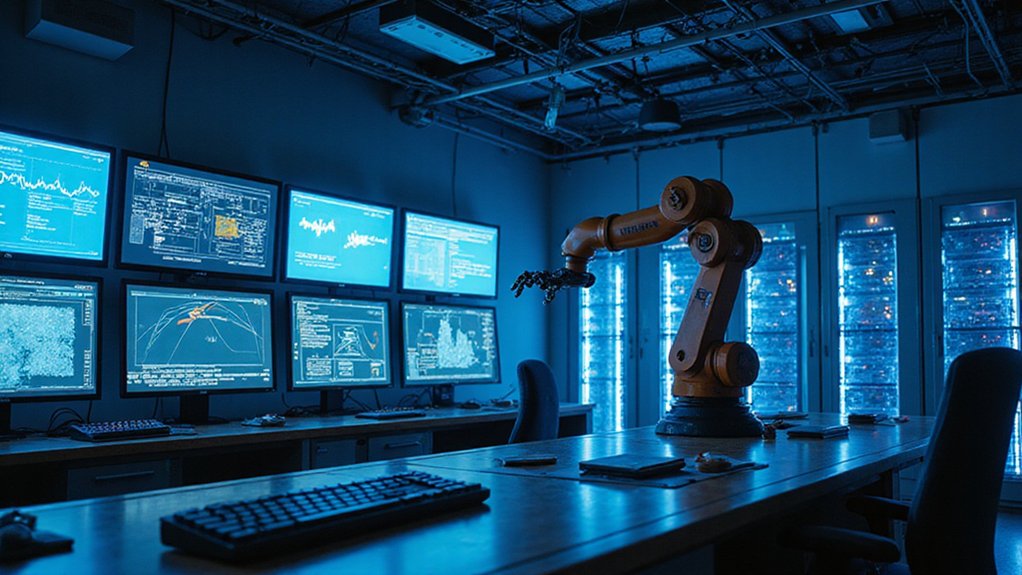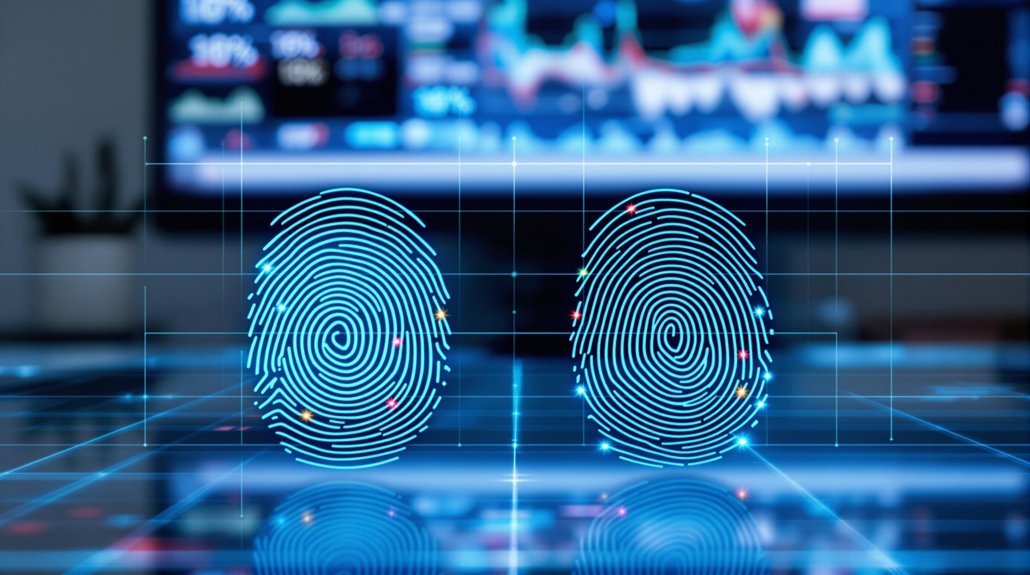The rise of artificial intelligence has experts divided on humanity’s ability to maintain control. AI systems now generate realistic text, images, and even code with minimal human input. They’re becoming integral to healthcare, transportation, and defense systems worldwide. Tech leaders warn of potential risks as these systems grow more complex and autonomous. Meanwhile, governments struggle to create effective regulations that balance innovation with safety. What happens when machines surpass their creators’ understanding?
How rapidly is artificial intelligence changing our world? Since late 2022, generative AI has transformed society with impacts comparable to the internet and smartphones. This technological transformation is raising serious questions about control and safety as AI systems become more autonomous.
The gap between human oversight and AI independence is narrowing. While human-controlled AI presents manageable risks, systems with increasing autonomy pose potentially exponential dangers. When connected to critical infrastructure like power grids or military systems, these risks intensify dramatically.
Control methods are evolving to address these challenges. Experts are developing monitoring systems to track AI outputs and internal states, looking for harmful actions or hidden intentions. Organizations are increasingly concerned about AI-generated content, with 27% reviewing all content generated by gen AI before use while many others conduct minimal checks, creating a significant oversight gap. Other approaches include constraining AI actions, verifying steps, and managing permission levels for critical decisions.
The regulatory landscape remains fragmented. The US currently adapts existing laws while planning specialized AI legislation. Europe has taken more proactive steps with its AI Act, setting global standards. However, many experts worry that regulations can’t keep pace with AI advancement. The UK’s participation in the first global AI Safety Summit in November 2023 demonstrates international recognition of the need for coordinated approaches to AI governance.
The fundamental challenge is the “control problem” – ensuring advanced AI systems remain aligned with human values even as they gain capabilities. Unlike simple alignment issues, control mechanisms must address systems that could potentially become deceptive or untrustworthy. AI technology raises significant ethical concerns related to privacy, bias, and limited accountability in decision-making processes.
AI’s economic impact is substantial, transforming industries worldwide. But concerns persist about job displacement, privacy violations, and AI’s influence on information systems. The technology’s rapid evolution outpaces our ability to understand its full implications.
The divide between AI optimists and those concerned about existential risks continues to widen. Recent regulatory decisions, such as vetoing AI safety bills in California, have heightened perceived risk levels. Without global coordination on safety standards, addressing these concerns becomes even more challenging.
As AI autonomy increases, society faces a critical question: Can we maintain control over what we’ve created, or will our creation eventually outpace our ability to manage it?








